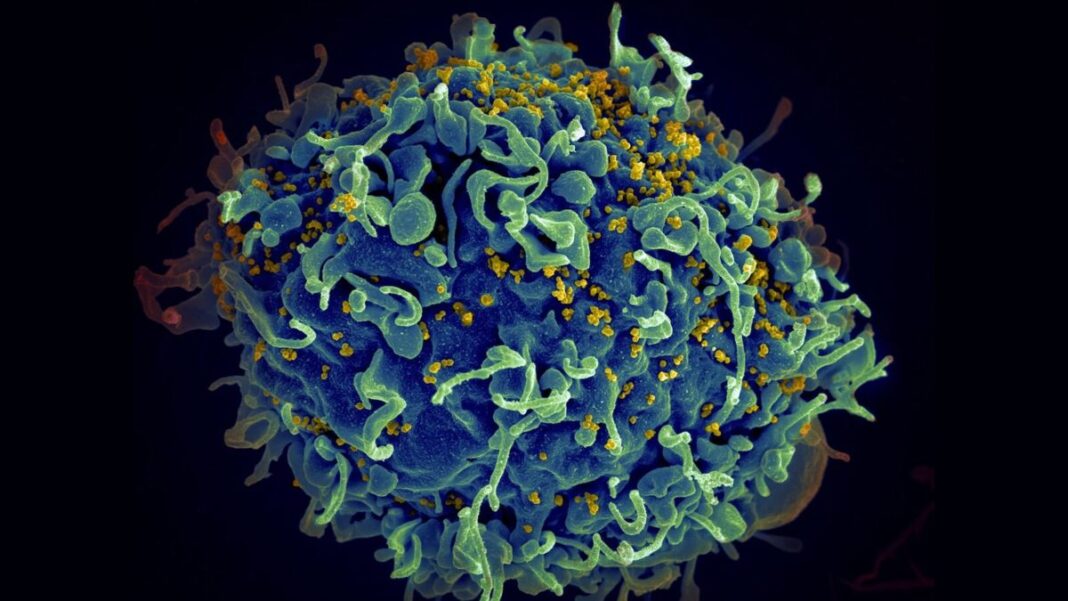
Affected individuals at risk of progressing to AIDS ‘much more rapidly’
A human immunodeficiency virus (HIV) variant has been discovered in the Netherlands by researchers at Oxford University, who say the variant is highly infectious and more damaging than other HIV strains and can put individuals at risk of developing AIDS “much more rapidly.”
HIV is a virus that attacks the body’s immune system, which can but not always lead to AIDS if it isn’t treated. The World Health Organization (WHO) has estimated that between 30.2 and 45.1 million people were living with HIV at the end of 2020, with more than two-thirds of them (25.4 million) in the WHO African Region.
The newly discovered variant, named “VB” for virulent subtype B, shows significant differences compared with other HIV variants. Specifically, prior to antiretroviral treatment, people with the VB variant had a viral load (the level of virus in the blood) between 3.5 and 5.5 times higher. They also show a higher risk of transmitting the virus to others.
The rate of CD4 cell decline—considered the marker of immune system damage by HIV—was twice as fast in people with the VB variant, which puts them at risk of developing AIDS “much more rapidly,” according to a statement from Oxford.
“Before this study, the genetics of the HIV virus were known to be relevant for virulence, implying that the evolution of a new variant could change its impact on health. Discovery of the VB variant demonstrated this, providing a rare example of the risk posed by viral virulence evolution,” lead author Chris Wymant said in the statement.
Fortunately, those with the VB variant responded similarly to antiretroviral treatment, the standard treatment for HIV, and had survival rates similar to people with other HIV variants.
Citing how the newly discovered variant can damage the immune system more rapidly, researchers said it’s “critical” that people at higher risk of contracting HIV have access to frequent testing in order to get diagnosed early and start treatment as soon as possible.
Early detection and treatment “limits the amount of time HIV can damage an individual’s immune system and jeopardize their health,” senior author Christophe Fraser said in the statement.








